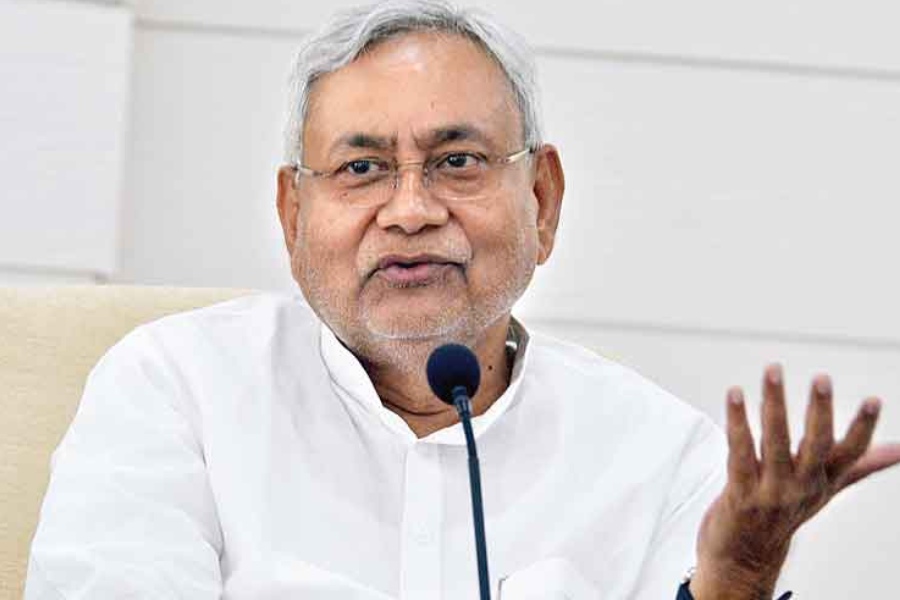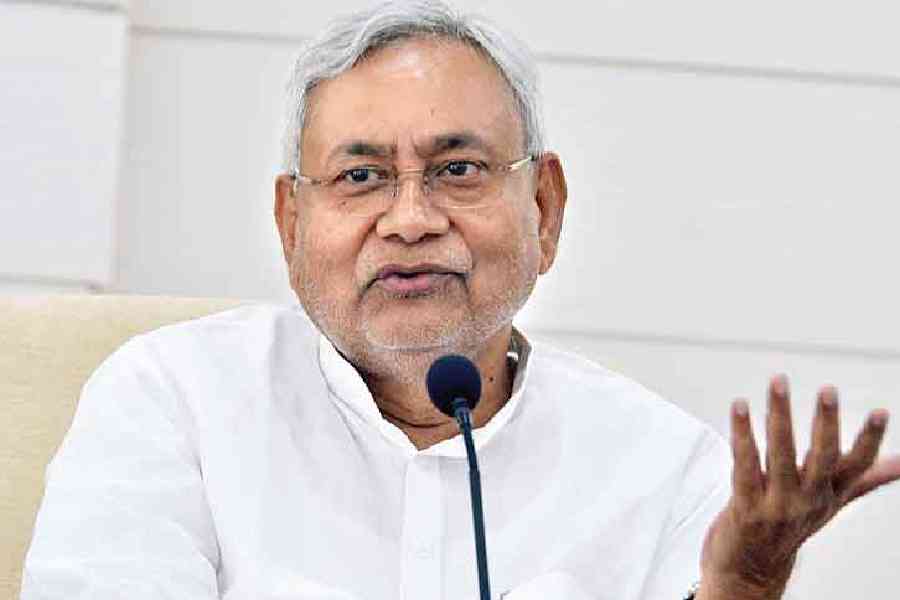Patna High Court on Thursday stayed the Bihar government’s “caste-based survey”, a pet project of chief minister Nitish Kumar who had said it would enable the government to better target its welfare measures and possibly revisit reservation quotas.
“We direct the state government to immediately stop the caste-based survey and ensure that the data already collected are secured and not shared with anybody till final orders are passed,” the division bench of Chief Justice K. Vinod Chandran and Justice Madhuresh Prasad said. The next hearing is on July 3.
The bench, hearing a batch of petitions from various organisations and individuals, mainly considered three issues:
- Whether the survey infringed on the Centre’s powers;
- Whether the expenditure on the exercise had the sanction of law; and
- Whether the set of 17 personal and socio-economic questions that people were being asked infringed on their privacy
“We find that the caste based survey is a census in the garb of a survey, the power to carry out which is exclusively on the Union Parliament,” the court order said.
“The notification issued that the government intends to share data with the leaders of different parties of the state Assembly, the ruling party and Opposition party…is also a matter of great concern. There definitely arises the larger question of right to privacy, which the Hon’ble Supreme Court has held to be a facet of (the) right to life.”
India had witnessed the last caste enumeration during the 1931 census, and that data forms the basis of the current reservation policy. Censuses in independent India collected caste data only relating to the Scheduled Castes and the Scheduled Tribes.
The UPA government had conducted a Socio-Economic Caste Census (SECC) in 2011- 12 but the Narendra Modi government, after completing the tabulations, released only the socio-economic data and not the caste data. Many organisations have been demanding that the SECC caste data be released and reservation quotas revisited to make them proportionate to the various castes’ populations.
It was against this background that Nitish had started the caste survey, which many political analysts saw as a masterstroke to counter the BJP in Bihar by pitting caste identities against the planks of Hindutva and ultra-nationalism. Nitish has repeatedly asserted that both Houses of the Bihar legislature have unanimously backed the caste-based survey. But the bench asked why an appropriate law had not been enacted in that case.
Bihar advocate-general P.K. Shahi told reporters the government would first go through the entire order before deciding “whether to move the Supreme Court”. Rashtriya Janata Dal leader and deputy chief minister Tejashwi Prasad Yadav said: “Any progressive step is always opposed in the beginning…. Let the BJP do anything, the public will win.”
The BJP blamed the Bihar government for the stay on the survey, saying it had “failed to efficiently present its arguments” in court or to “field eminent lawyers”. Speaking to reporters hours before the high court order, Nitish had said: “Leaders from Bihar had petitioned the Centre twice and even met Prime Minister Narendra Modi over the issue, but the result was nil. We were asked to do it on our own.”
Around 3.5 lakh officials were conducting the survey, covering the around 2.88 crore families in the state, during the second phase of the survey that began on April 15 and was to end on May 15. The first phase, during which households were listed, was conducted in January this year. The state government had said that around 80 per cent of the survey was complete. The five writ petitions were filed by the social organisations Youth For Equality and Ek Soch Ek Prayas, transgender activist Reshma Prasad, and citizens Muskan Kumari and Akhilesh Prasad.











